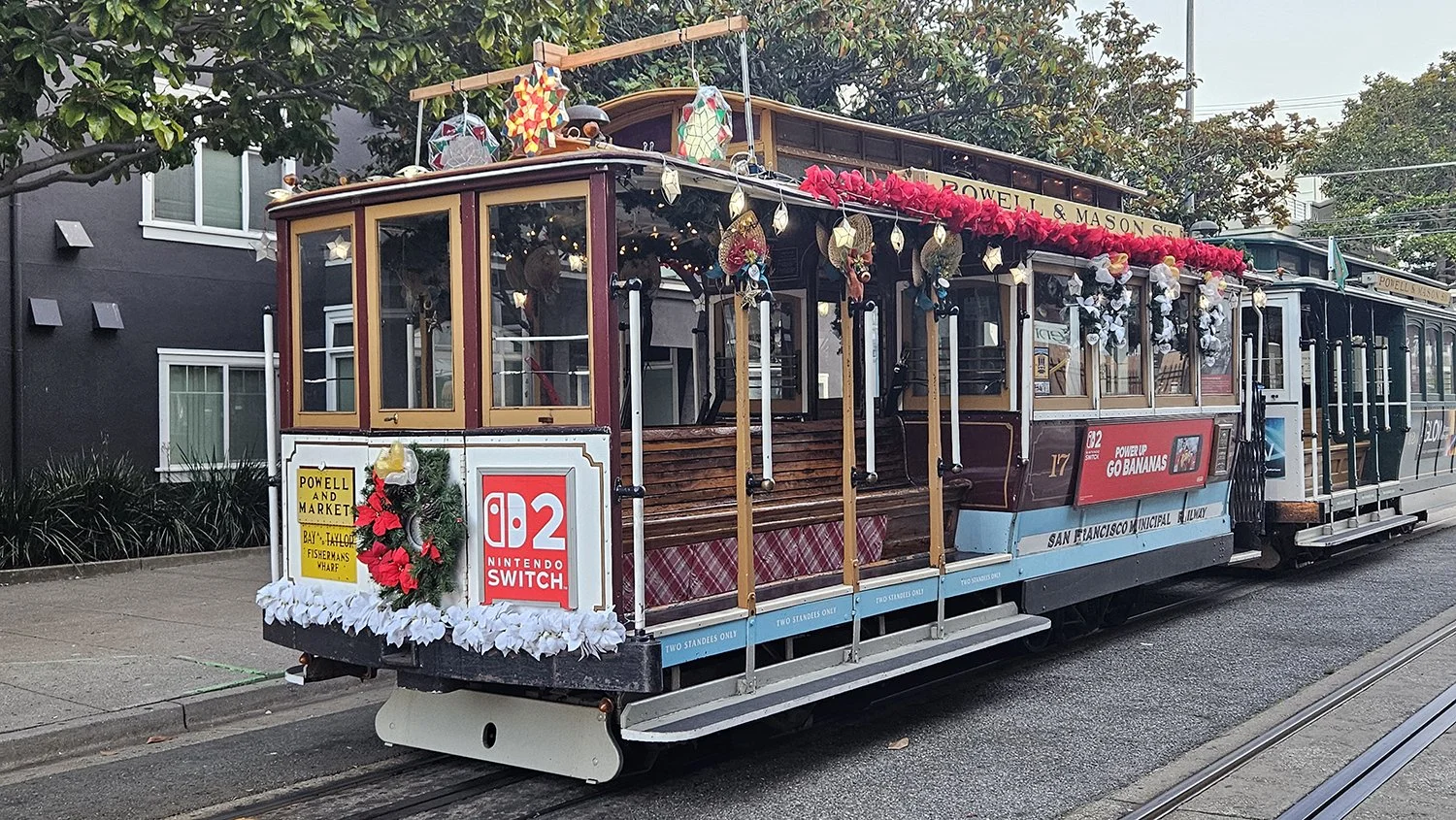Coming Out to Our Asian Parents: Family Is Still Family
/To commemorate Asian Pacific American Heritage Month in May 2017, the National Queer Asian Pacific Islander Alliance (NQAPIA), launched a major campaign to help us come out to our families. NQAPIA's Asian Family Acceptance Campaign promotes acceptance of LGBT people in API families.
NQAPIA’s history-making campaign included a first-of-their-kind series of multilingual television ads in six Asian languages and dialects featuring API parents who love and accept their LGBT children. There were also scheduled workshops in a dozen cities across the country for Asian parents of LGBT kids. These workshops--in Washington DC, New York, Chicago, Philadelphia, Atlanta, New Orleans, Seattle, Newark NJ, Boston, Orange County, CA, and San Diego--provided culturally receptive peer-support for parents and their children.
I wish my Filipino mom could have had these ads and attended these workshops when I was growing up.
It took me 15 years to come out to my mom and dad. I always knew that my parents loved me, but I wanted to share being gay with them.
Like many other APIs, my parents came from the Philippines to America so their kids could have a better life. They wanted me to be successful and secure, so they sacrificed greatly for me. So, I never wanted to be the source of drama and heartache.
I tried to come out several times. But something in the family would come up. My grandparents passed. My sister got married. But would it ever be my time?
In the back of their minds, I think they knew. They ignored me when I said I was going to an LGBT youth meeting. After I had gone off to college, my mom called one day. She asked about her missing sequin ballroom dresses. (While we spoke, I was balancing on high heels and practicing my latest drag routine.) Most mothers don't ask if their son has raided their closet. Denial is an amazing thing.
I brought my partner home many times. He was very much welcomed into my family. He was called my "special friend." At a family reunion, when it came time for the family picture, he was asked to be the picture taker. In the photo, I am standing with my family, but I felt as if I was standing alone.
When my partner and I were planning our commitment ceremony ten years ago, I knew it was time to have the talk with Mom and Dad to come. Dad told me, "You're still my son." But my mom said, "There are no gays back home, so how can you be gay?" The only LGBTQ people that she saw on TV were all white. She deduced that being gay was an American thing, a Western influence, like divorce, teen-pregnancy, alcoholism, and college hazing.
My dad wanted to come to my commitment ceremony, but my mom didn't. The compromise was that they attended only the reception. One baby step forward. When my partner and I started our own family, we adopted a child. My parents fully embraced their new grandson. Another step forward. Finally, when New York State approved same-sex marriage, my mother and father were there, standing by my side at the civil ceremony.
My family is like so many other Asian American, South Asian, Southeast Asian, and Pacific Islander families. Coming out is a difficult and long process that moves from tolerance, to some understanding, then acceptance, and finally celebration.
It's wonderful that LGBT people get legally married. But when it comes to LGBT Asian Americans, who will come to the wedding? Marriage is about equal rights; but it's also about the acceptance of LGBT people in our families. What's a civil right when we lack the family recognition behind it?
NQAPIA had also come out with translated leaflets, "Family Is Still Family, Love Is Still Love" to dispel common misconceptions and are available in 19 Asian languages and scripts. There is so little information out there about sexual orientation and gender-identity in Bengali, Urdu, and Khmer.
Our goal was for the Asian Family Acceptance Campaign to bring families together. For the first time, Asian people saw TV commercials and ads in which Asian parents declare their love for their LGBT children. We are aiming for the heart because love always triumphs.
[Ed note: According to the author, the TV ads reached over 36 million Asian Americans, including Fil-Ams. They are no longer running but can still be accessed at the NQAPIA website https://www.nqapia.org/resources]
Glenn D. Magpantay, Esq. has been appointed as the first Filipino-American and the first LGBTQ Asian American to the U.S. Commission on Civil Rights, an independent, bipartisan federal agency, to advise Congress and The White House on the enforcement of federal civil rights laws and development of national civil rights policy. He was Executive Director of the National Queer Asian Pacific Islander Alliance (NQAPIA) until 2020.
This article is an update of https://www.huffpost.com/entry/coming-out-to-our-api-par_b_9997554





